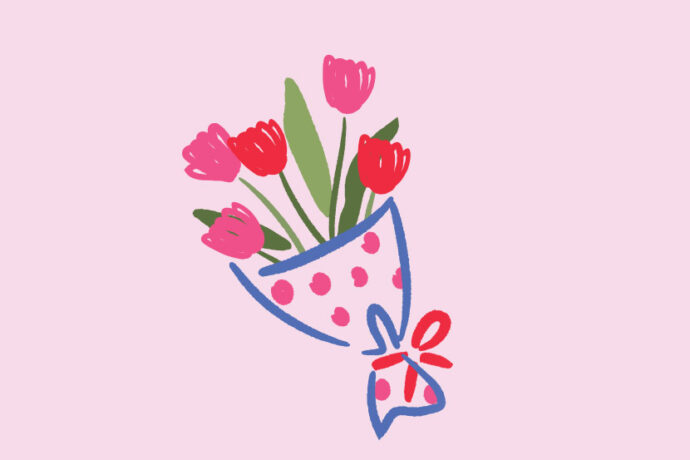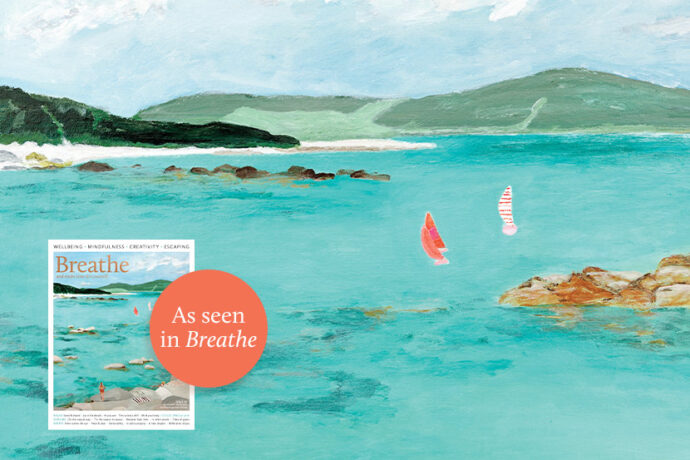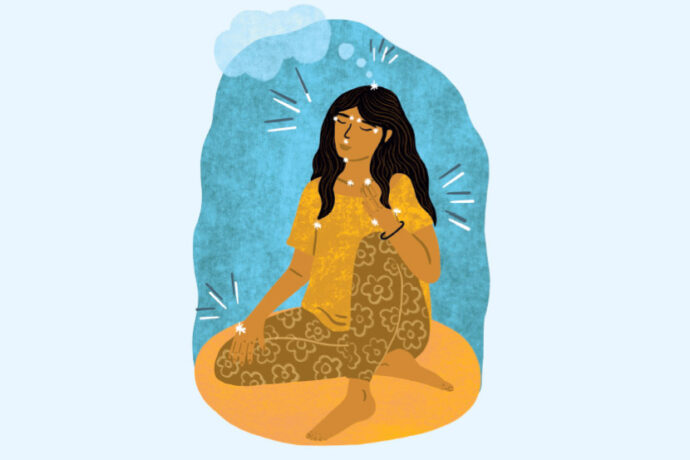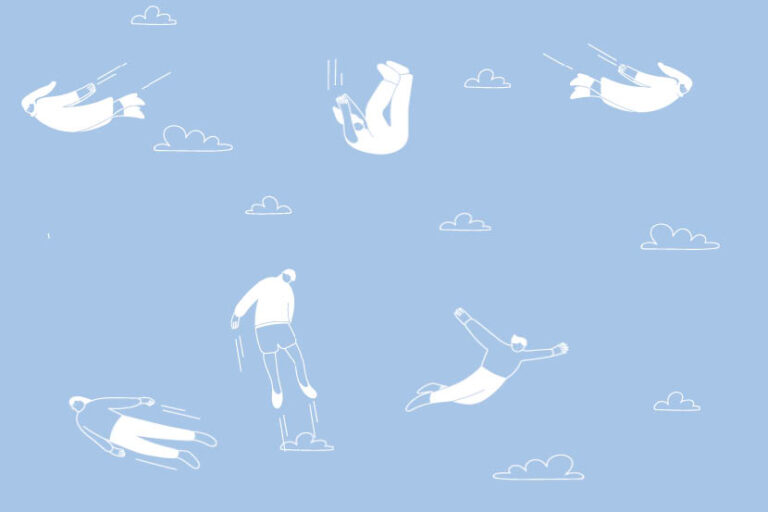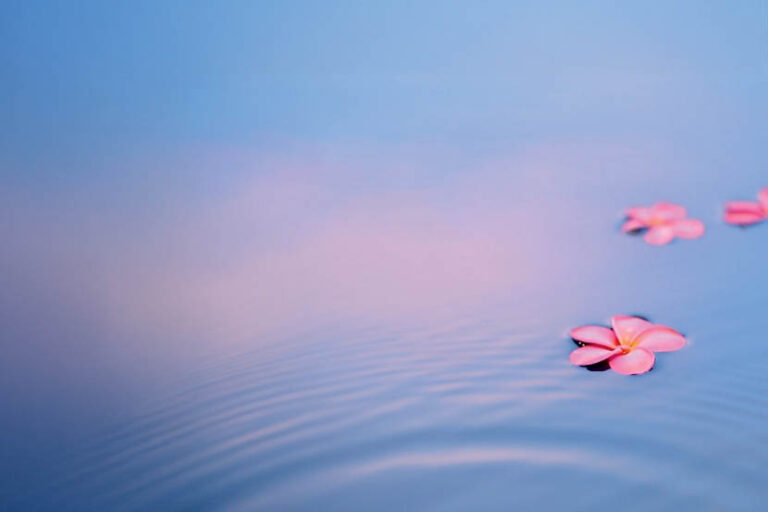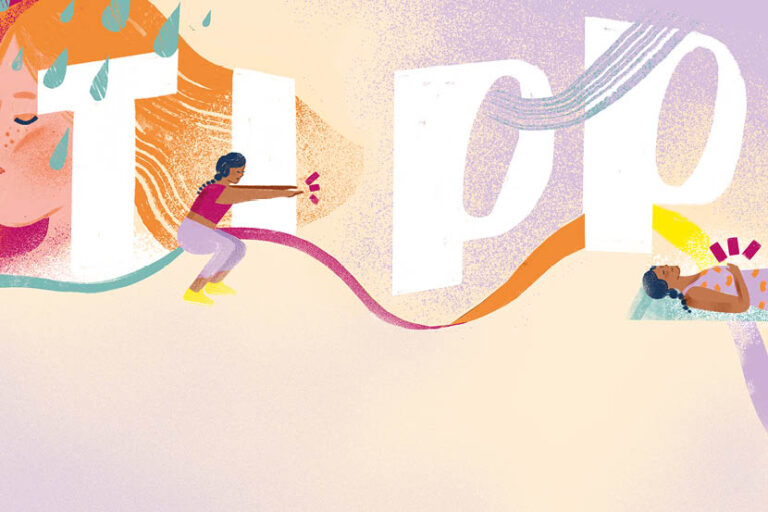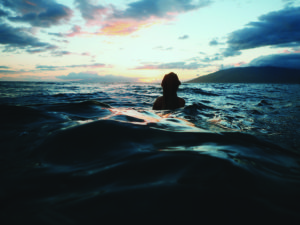
Could taking a plunge in chilly water or having an ice-cold shower first thing every morning boost your wellbeing?
Living in Australia brings with it a certain love affair with nature. It would be virtually impossible to inhabit this part of the world without developing a strong relationship with the surroundings. The ocean, dense rainforest, expansive bushland, and ochre-red desert all come together to create a breathtaking and enchanting landscape that reaches into the heart and captivates the soul.
I’d like to think of myself as having a strong constitution and winter is an opportunity to connect to that wild side. This year, I wanted to keep that spirit alive for the cooler months, to tap into something that would both challenge and invigorate, something that would reinforce my connection with wildness. From a young age, the ocean has always felt like home.
Today, when I swim and my body hits the water, I feel a deep soul-stirring connection within. There’s also the clarity of mind that comes after a swim and that delicious feeling of your body warming up from the inside. I wanted to maintain that feeling of invigoration, of the body being kick-started into action – cogs running and whistles blowing – beyond the warmer months.
This prompted my decision to embark on a 30-day cold water experience to see if my body would welcome or shun this pretty brutal practice. What I wasn’t prepared for was the positive effect it had on my mental health. I’d felt this idea brewing in me for a while and couldn’t ignore it any longer. You could describe it as my body knowing exactly what it needed, or it could have been remnants from articles and books I’d read on the effectiveness of cold-water therapy. Wherever the inspiration came from, I found myself on a frosty winter’s morning, walking out to my spa (filled with ice-cold water) for a dip.
My feet were nearing numb from the barefoot walk and my resolve was slowly fading with each step. Focusing on my breathing prevented me from running in the opposite direction, back toward the comfort and warmth of home. As I took my robe off and felt the crisp wind on my skin, my mind was whirring violently, trying to persuade me not to jump in. But researched I had, and I felt reassured that if I kept my awareness on my breathing and didn’t panic, this could feel effortless. So, in I went. It was cold. It hurt. But my breathing kept me from running off and, after a minute, I felt my body relax. I stepped out and walked back into my warm home and carried on with my day.
From that day on, I committed myself to either a cold shower or a bracing cold plunge in the spa outside. First thing in the morning, when you’re drowsy and warm from sleep, the last thing your body wants to do is be immersed in cold water. I always took note of how I felt after. Accomplished. Proud. Energised. Clear.
I was facing my fear and going through with it. Choosing not to let my mind dictate my actions and using my breath as an anchor, I could connect with the present moment and not let fear take control.
This experience, especially practised daily and first thing, provides a boost that can be carried throughout the day. And it’s about so much more than what it does for you physically – it’s as though confronting something uncomfortable and difficult each morning paved the way to tackle other fearful tasks.
After 30 days, there was no way I could stop. So I reached 60 days, and I can confidently say I will keep going. Some days are easier than others, but if I let go of my fear and find comfort in the discomfort, for the most part, I love it.
If you are, or think you might be pregnant, or if you have any existing medical conditions or any health concerns, please talk to your GP or medical advisor before taking cold showers or going cold-water swimming.

